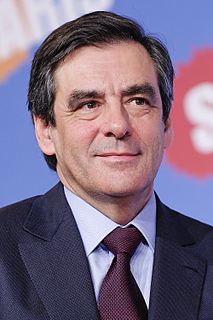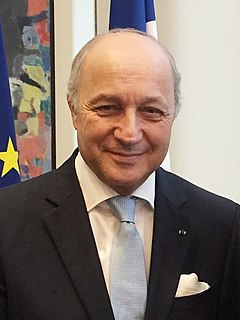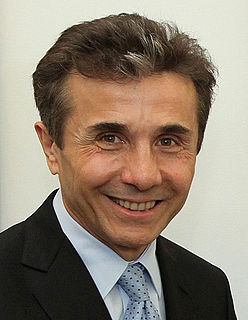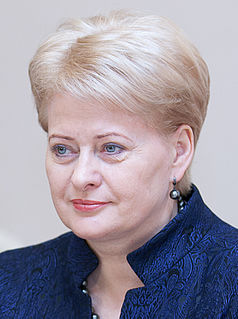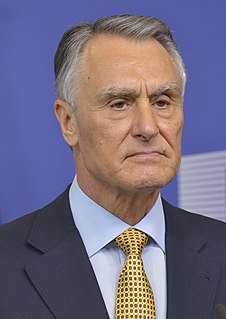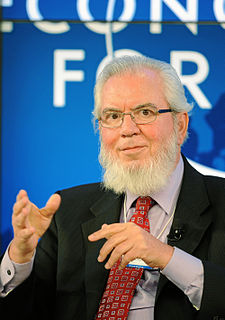A Quote by Francois Fillon
In order to consolidate the euro we need to harmonise our economic, fiscal and social policies, hence we are going toward greater integration.
Related Quotes
Chile has done a lot to rid itself of poverty, especially extreme poverty, since the return to democracy. But we still have a ways to go toward greater equity. This country does not have a neoliberal economic model anymore. We have put in place a lot of policies that will ensure that economic growth goes hand in hand with social justice.
Thanks to the euro, our pockets will soon hold solid evidence of a European identity. We need to build on this, and make the euro more than a currency and Europe more than a territory... In the next six months, we will talk a lot about political union, and rightly so. Political union is inseparable from economic union. Stronger growth and Euorpean integration are related issues. In both areas we will take concrete steps forward.
I have criticized it [Europe], but I repeat: we keep 40 percent of our gold and foreign currency reserves in euros, we are not interested in the collapse of the Eurozone, but I do not rule out the possibility of decisions being made that would consolidate a group of countries equal in economic development and this, in my opinion, will lead to a consolidation of the euro. But there can also be some interim decisions in order to keep the present number of members of the Eurozone unchanged.
I ran for president because I wanted to help Lithuania and its people during a difficult time. My country was on the very edge of an economic crisis, and people were disappointed by the economic situation and the political elite. We all needed change and motivation to consolidate our efforts in order to overcome the difficulties.
Germany has always stood for an E.U. of the 27 countries. But in light of Britain's continued resistance to further integration steps, as we saw with the fiscal pact, there are limits to my optimism in this regard. It's quite possible that we will have to create the new institutions for the euro zone first.
